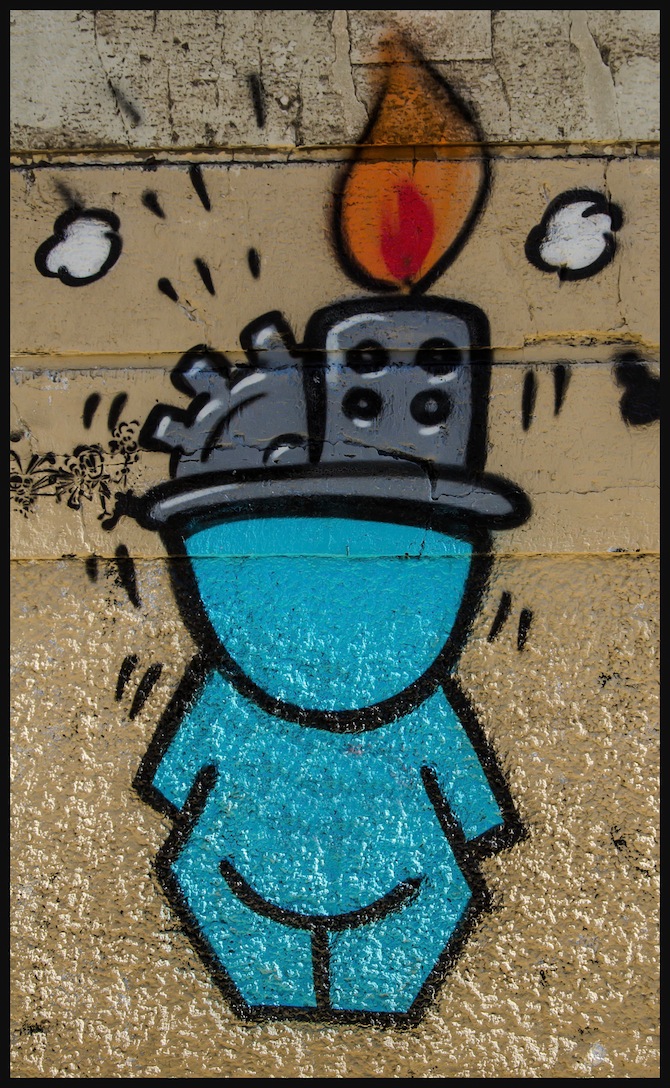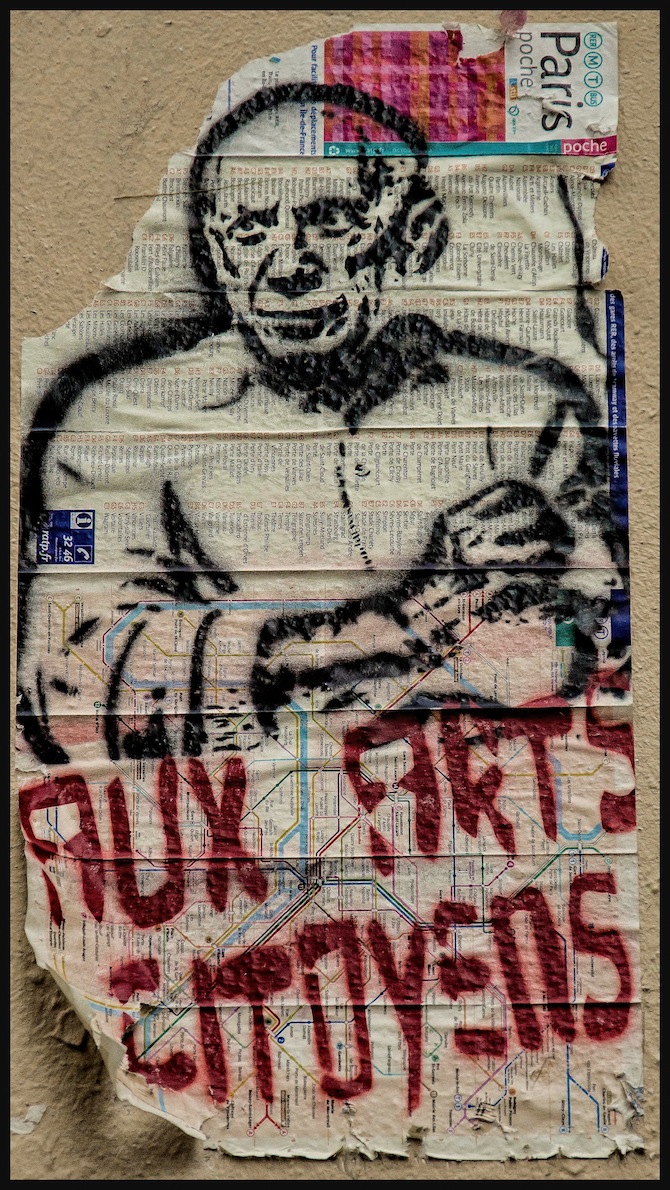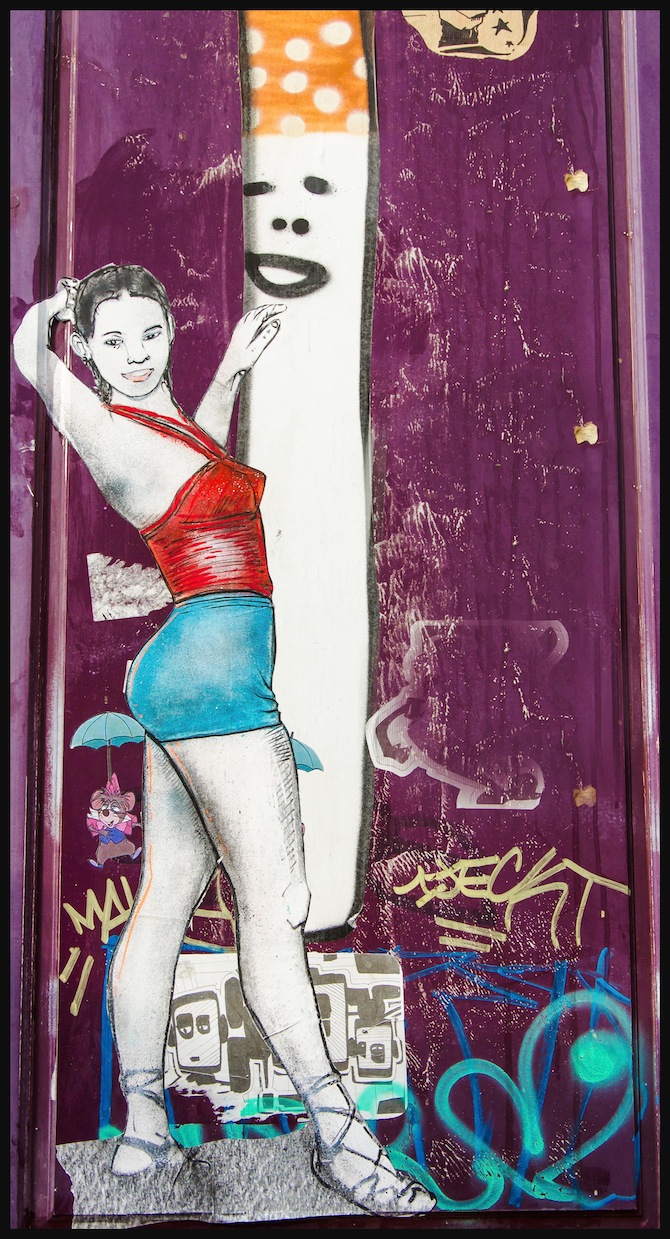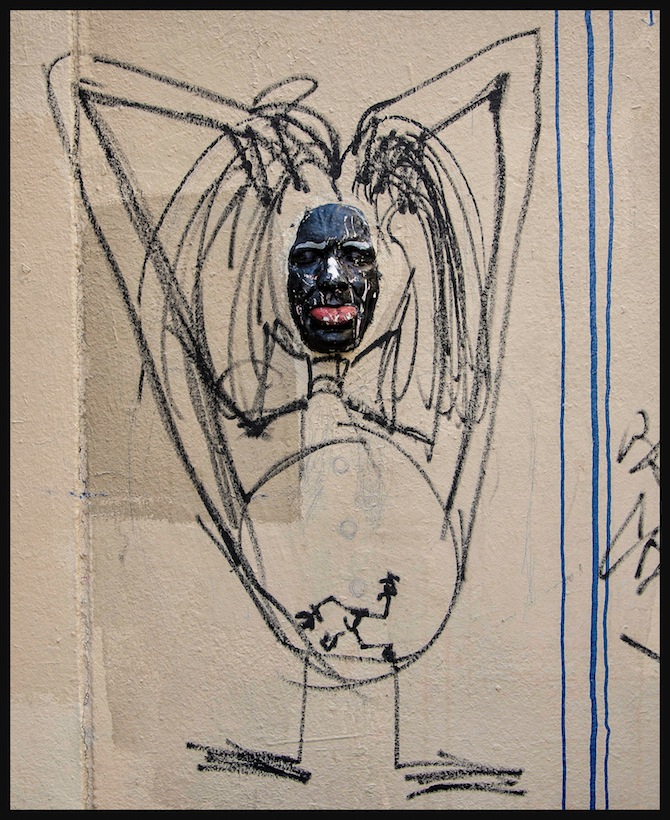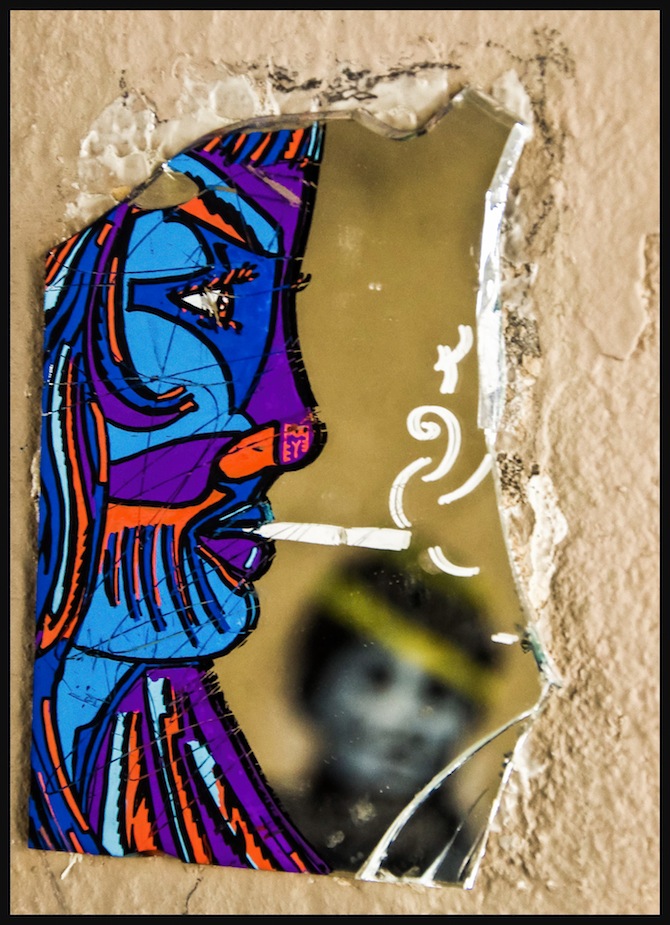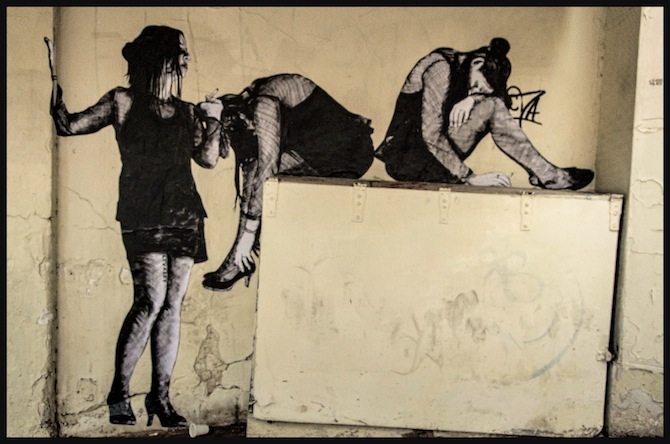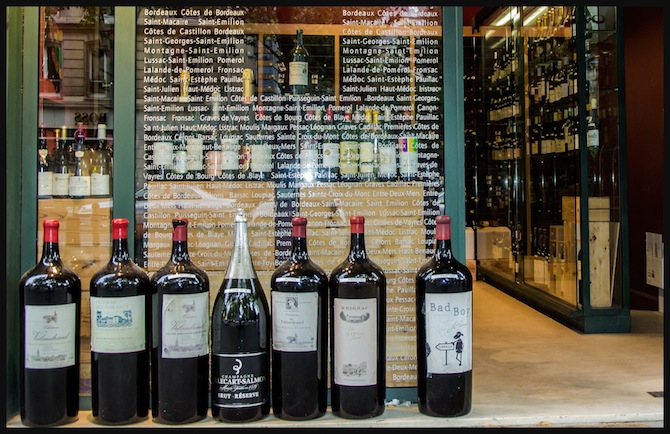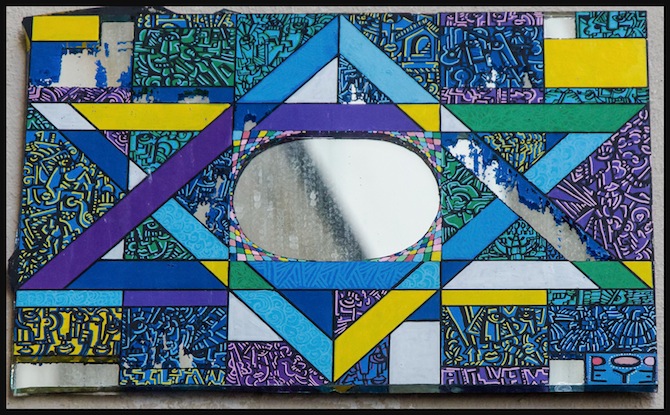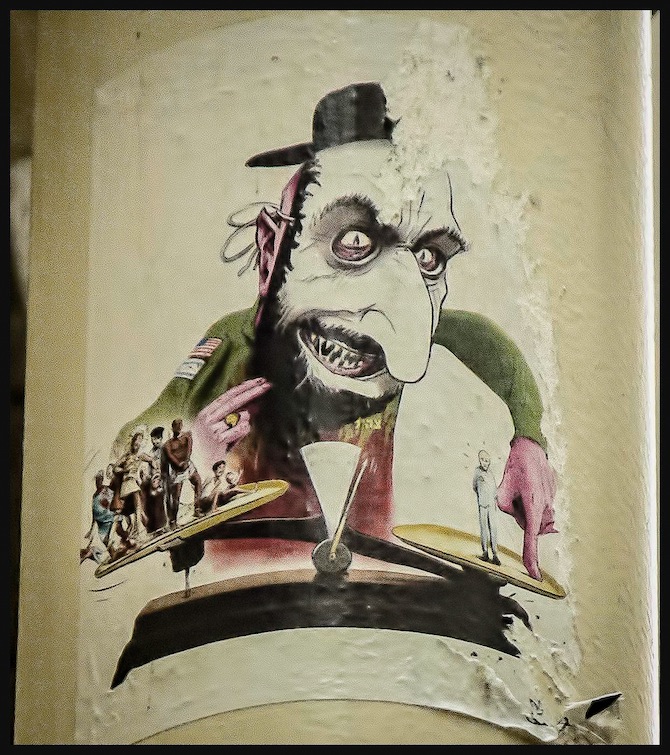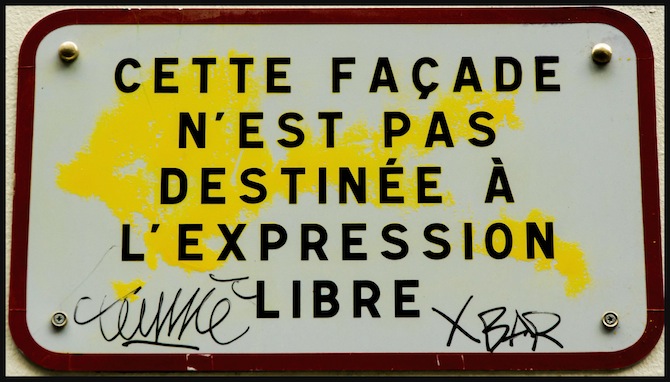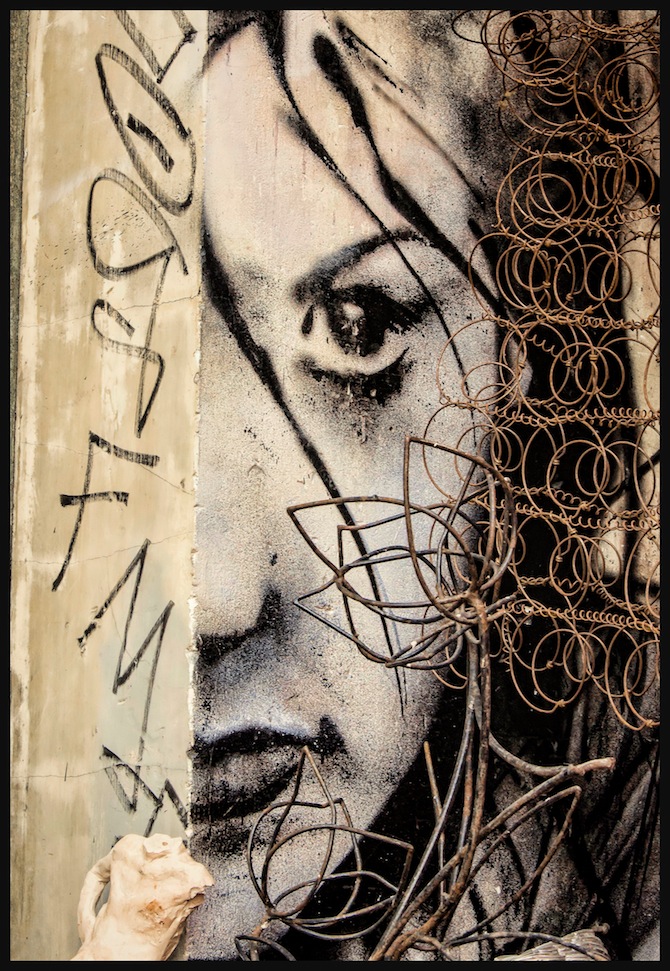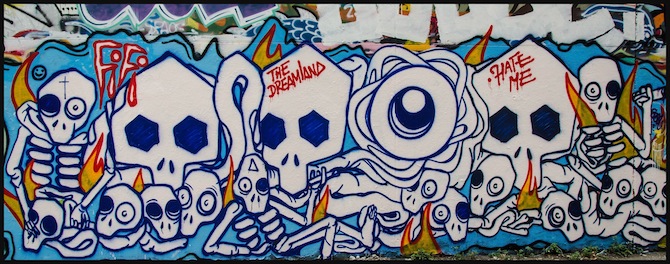Trauma: Israel, Alcohol and Healing
 08.4.2014
08.4.2014
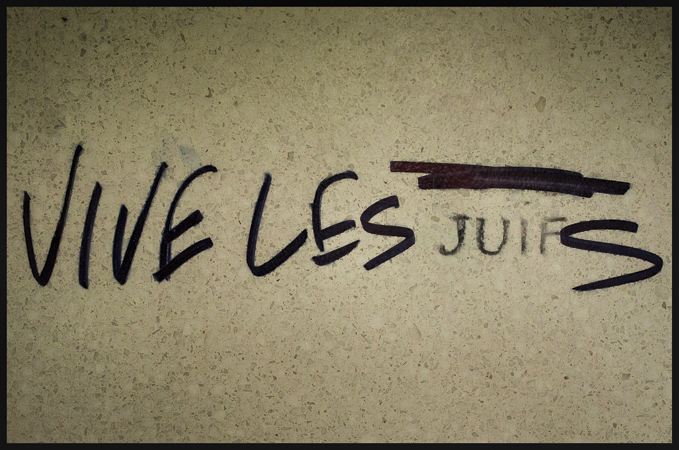
I’ve been thinking lately about trauma. On the world stage, in the lives of people I know, and in my own life.
Let’s start with Israel. If you have the slightest bit of historical understanding or psychological sensitivity, you feel how deep the trauma was, and still is, for Jews.
How insane the Holocaust.
How profoundly traumatizing that even one individual would want you exterminated. But that a political leader could marshal a whole nation, then other nations as well, in trying to kill not just you, but all your relatives, all your people, and then proceed to do so—that is horror itself.

How can a people heal from such trauma?
Because the trauma must be healed, or it will be turned inward in self-destruction, or outward in scapegoating, bullying.
This trauma is not simply an unprecedented madness of the 1930s and 1940s. Its roots are deep, and evident in the literature of centuries past.
I recently re-read Tolstoy’s “The Kreutzer Sonata,” written in the 1880s. There is one passage in the short story that disturbed me: an incident where the narrator goes into a train car with a Jew, and the depiction echoed other disdainful portraits I’ve read in plays (Shakespeare’s) and fiction by—say it—other Christian authors.
How to understand this hostility? Does it go back (I think it does) to the story of Christ’s life, as a Jew who (it was said) was betrayed by one of his Jewish disciples?
It seems to me it can only be seen clearly from the detached and comprehensive perspective of myth: religion itself as a myth unfolding through time.

The Christian era of Pisces, the fish: two brothers swimming in opposite directions, so close, yet from a certain limited perspective, with opposing values, competing with each other.
Christianity, which seems to float above the body and earth (sex as sin, emphasis on the afterlife, the spiritual valued over earthly life).
Judaism, more practical, earth-bound (no belief in the afterlife, no cremation, rather burial in the earth).
If the story goes that the Jews “killed” Christ, and for 2,000 years Christ’s suffering is framed as the essential mythical event in Christianity, then towards the end of that era of time, Christianity’s shadow side seeks “revenge” through the Holocaust.
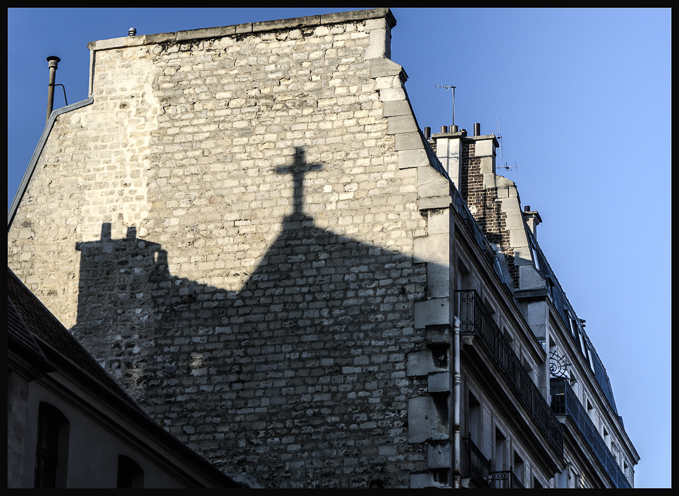
How do any of us deal with trauma?
Someone I love (I will disguise the details here) experienced a horrific trauma involving death and bodily injury. She seemed to be handling it well. Except for excessive drinking. Now she is dying from the effects of alcohol.
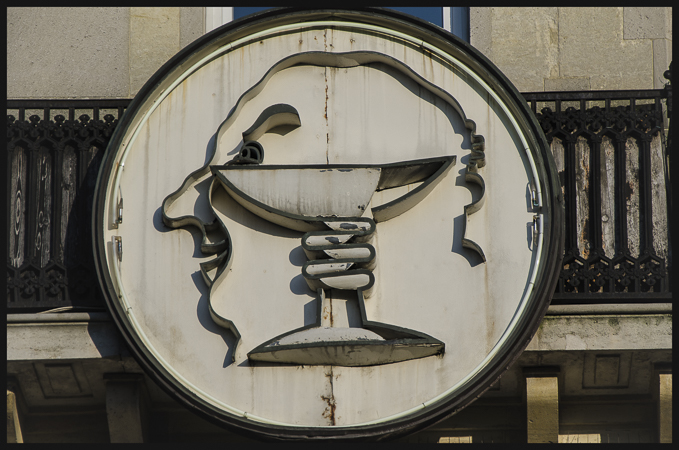
An acquaintance (a former alcoholic) recently turned on someone he called his best friend, blaming her for ruining an event because of information she lacked. He, who had been her mentor, a sacred trust, sent her insulting e-mails designed to humiliate her, and tried to shame her publicly for an inadvertent mistake. Ah, I’m sorry, I can’t fill in any details, because this woman, a friend, confided in me.
My own trauma: I’ve described it elsewhere, but it had to do with coming of age when women were undervalued and barred because of inner and outer obstacles from following their passion in their work. (I’m not talking here about earning a living, but choosing the work of your daimon, your deepest passion.)
I healed that trauma by doing a vision quest that took about 25 years (and no, it is not too strong a word; it involved deconstructing familial and societal taboos against fulfillment in work—which seems to me to be half of what makes anyone human).
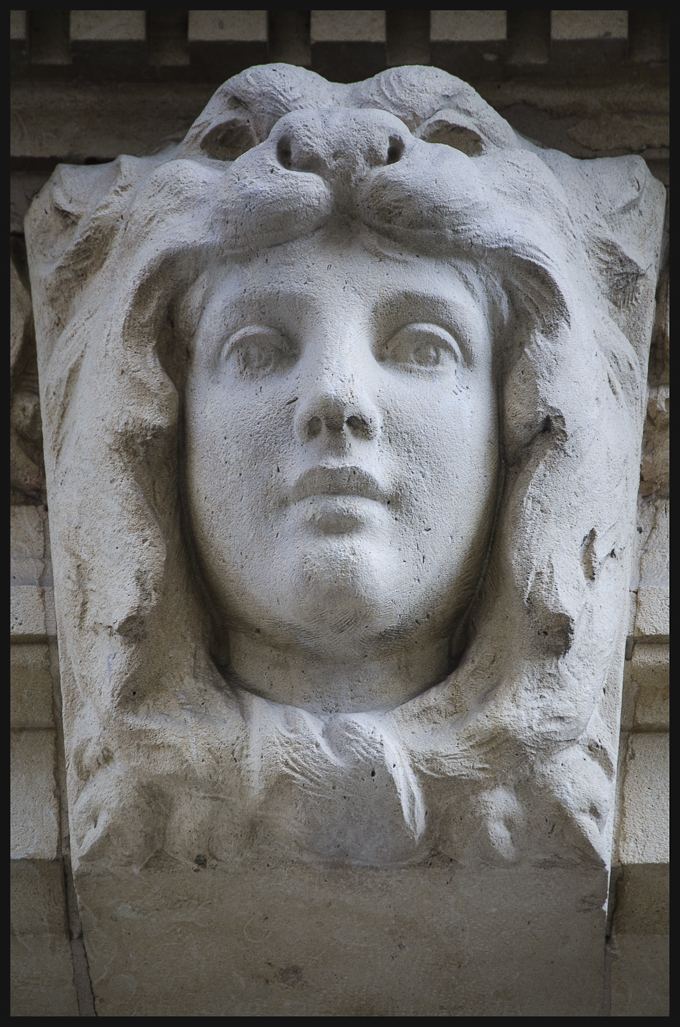
What can any of us do with trauma?
It seems to me there are three main paths: you turn it inwards on yourself and self-destruct (there are so many paths available!).
You turn it outwards on another individual or country, and become a bully, and try to scapegoat, shame, destroy the other (so many paths available!).
Or you heal.
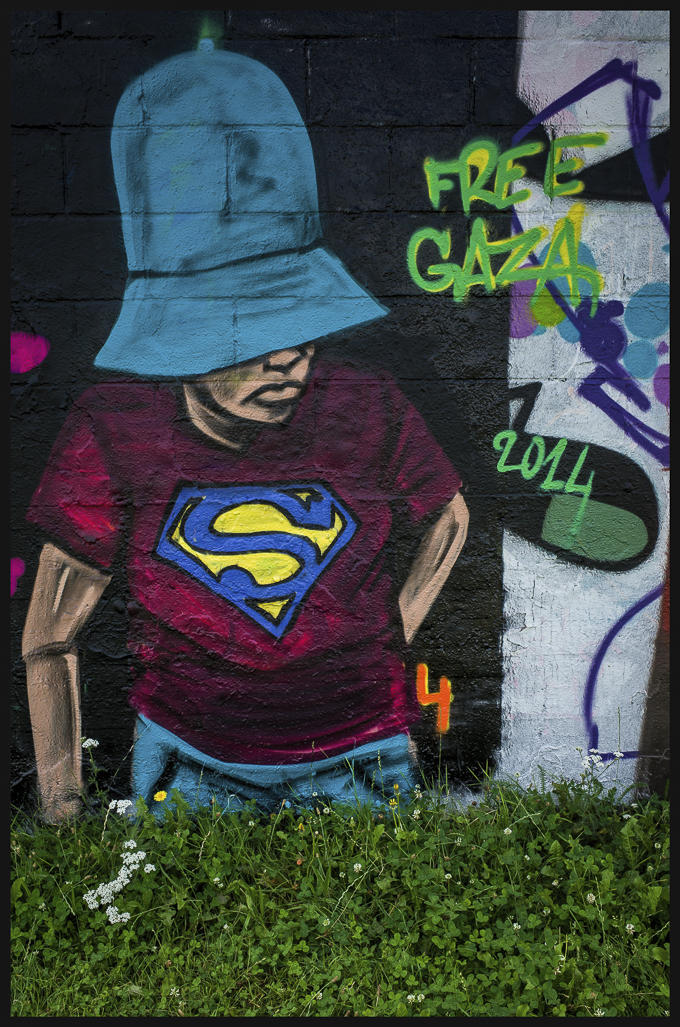
Israel has become a bully.
So has the dry drunk we know.
A beloved friend has almost destroyed herself.
I was born to be a writer, yet only found the inner permission to focus deeply on writing after doing my vision quest. Not too much time really, given the centuries of patriarchal injury to women. How lucky I was to be born in my generation. Very few women of my mother’s and grandmother’s generations were able to free themselves to take seriously the work they were born to do. But that’s another post.
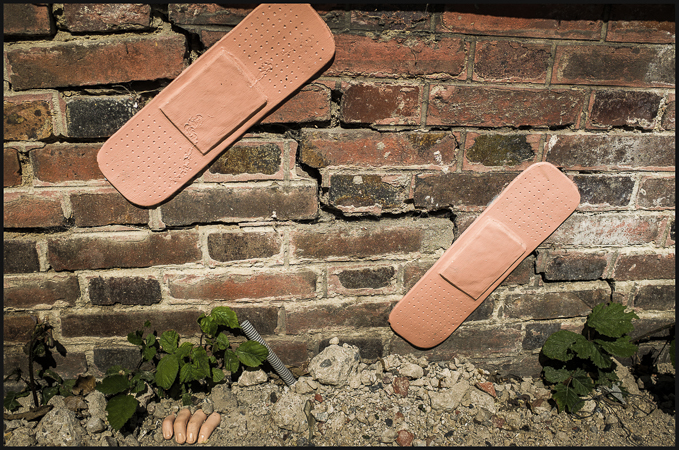
* * *
P. S. I’m too immersed in writing fiction now to write as often on Paris Play, but I’ll post when I’m so moved.
P. P. S. Richard got his suitcase back in Crete.
 Christianity,
Christianity,  Gaza,
Gaza,  Holocaust,
Holocaust,  Israel,
Israel,  Judaism,
Judaism,  Vision quest,
Vision quest,  alcoholism,
alcoholism,  bullying,
bullying,  healing,
healing,  trauma in
trauma in  World Affairs
World Affairs 

